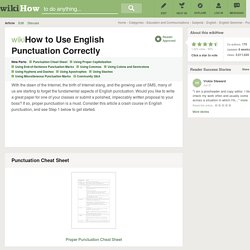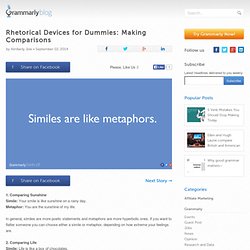

The difference between practice and practise. Convocation Address at the Indian Institute of Management by Raghuram Rajan, Economic Counselor and Director of Research, IMF. Convocation Address at the Indian Institute of Management by Raghuram Rajan Economic Counselor and Director of Research International Monetary Fund Ahmedabad, India April 2, 2005 Chairman Narayana Murthy, Director Professor Dholakia, members of the faculty, students, ladies and gentlemen: It is a great honor to come back to deliver the convocation address at this great institute.

It seems only the other day that I received my own diploma here, only the other day that I was making arbit CP in my marketing class, only the other day that we D-11'ites won the inter-dorm cricket tournament. I understand that D-11 has changed sex since, but it would be a fitting sign of the times if it won the cricket tournament again. For many of you, this day will be an extremely happy one. Undoubtedly, you will also be sad in the days to come. What single piece of advice can I offer you from my life after Ahmedabad?
This is why my advice to you is to reach out and explore. The answers might seem easy. How to Use English Punctuation Correctly (with Examples) Steps Part 1 Using Proper Capitalization 1Always start a sentence with a capital letter.

Unless you're an avant-garde poet or you're starting a sentence with a brand name like "wikiHow" or "iPod," you will need to capitalize the first letter of every sentence. Here is an example of proper capitalization at the beginning of a sentence: She invited her friend over after school. 2Use capital letters to start proper nouns and titles. Part 2 Using End-of-Sentence Punctuation Marks 1Use a period (full stop) to end declarative sentences and statements. Part 3 Using Commas 1Use a comma to indicate a break or pause within a sentence. Part 4 Using Colons and Semicolons 1Use a semicolon to separate two related but independent clauses. Part 5 Using Hyphens and Dashes 1Use a hyphen when adding a prefix to some words.
Part 6 Using Apostrophes. » Rhetorical Devices for Dummies: Making Comparisons. 1.

Comparing SunshineSimile: Your smile is like sunshine on a rainy day.Metaphor: You are the sunshine of my life. In general, similes are more poetic statements and metaphors are more hyperbolic ones. If you want to flatter someone you can choose either a simile or metaphor, depending on how extreme your feelings are. 2. Comparing LifeSimile: Life is like a box of chocolates.Metaphor: Life is a highway, and I want to ride it all night long. The words “like” and “as” usually distinguish similes from metaphors. 3. When it comes to similes and metaphors, a few small words can change the meaning of a sentence drastically. Whether you’re a student of similes or a metaphor master, you can easily avoid typos and improve your writing online with the free Grammarly app. » Rhetorical Devices for Dummies: Making Comparisons.